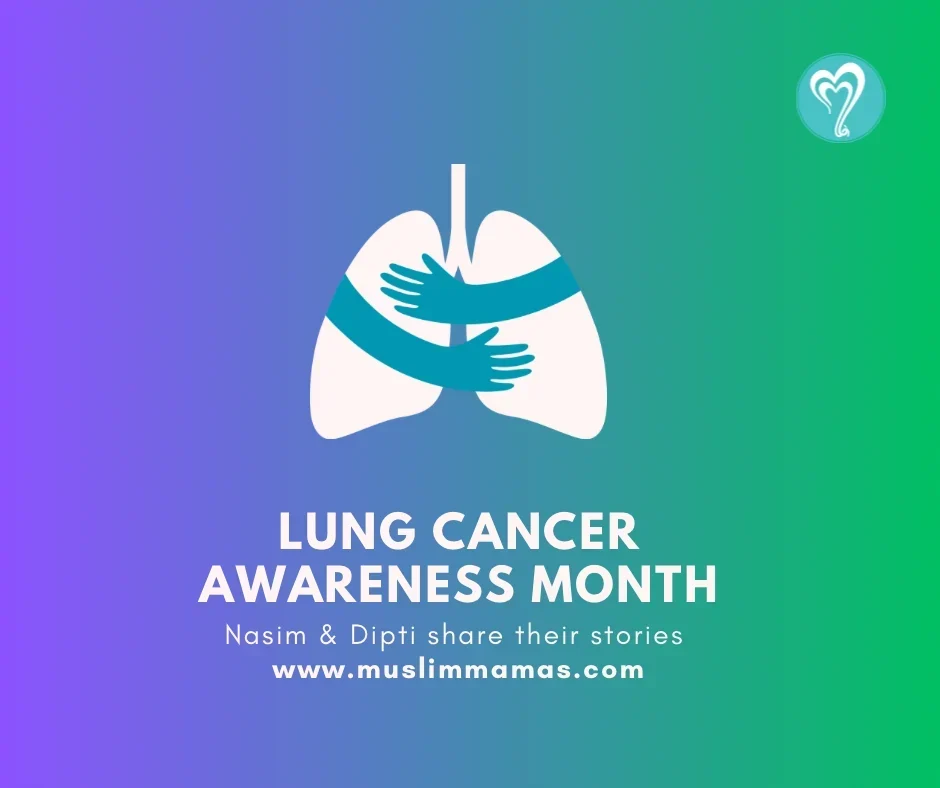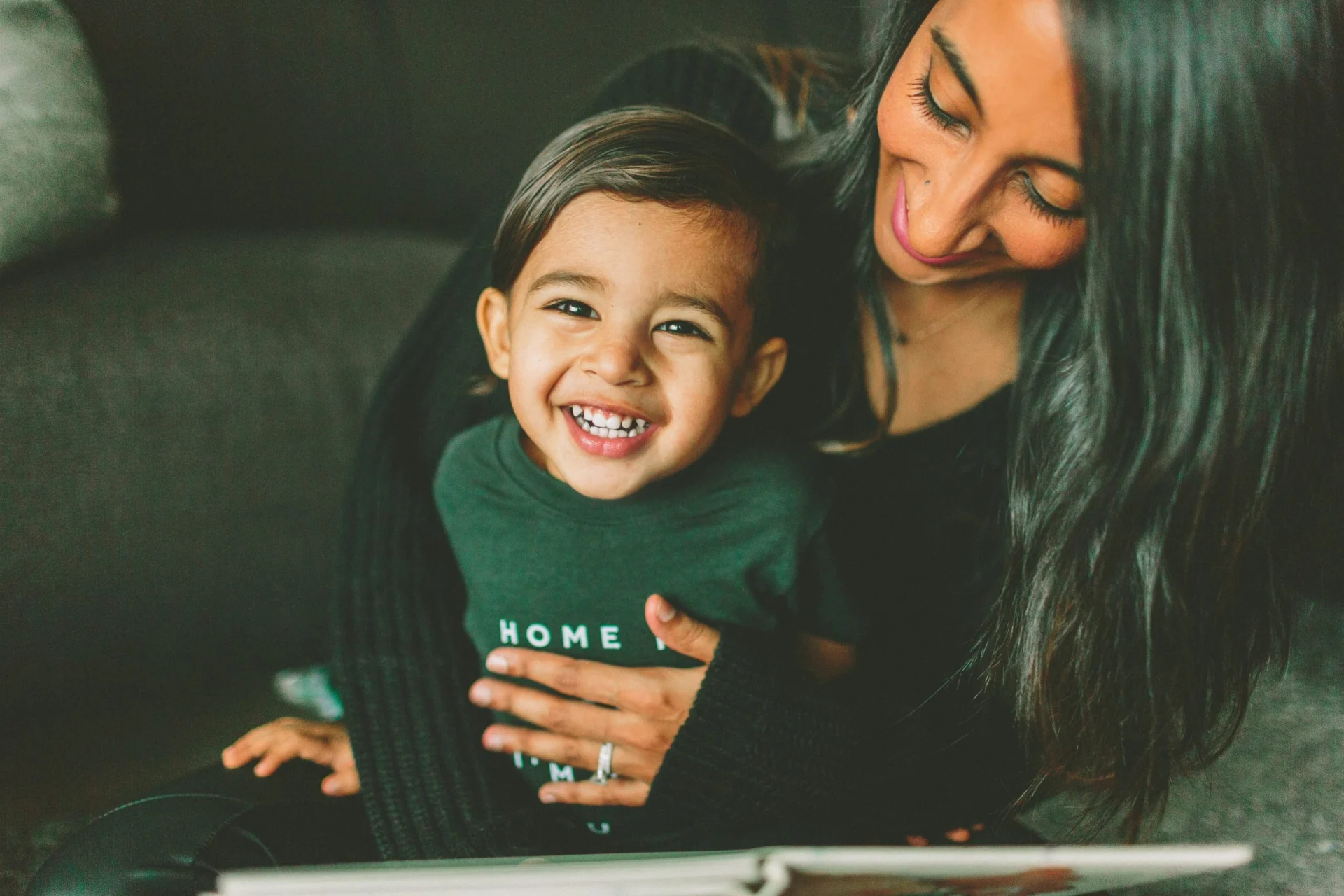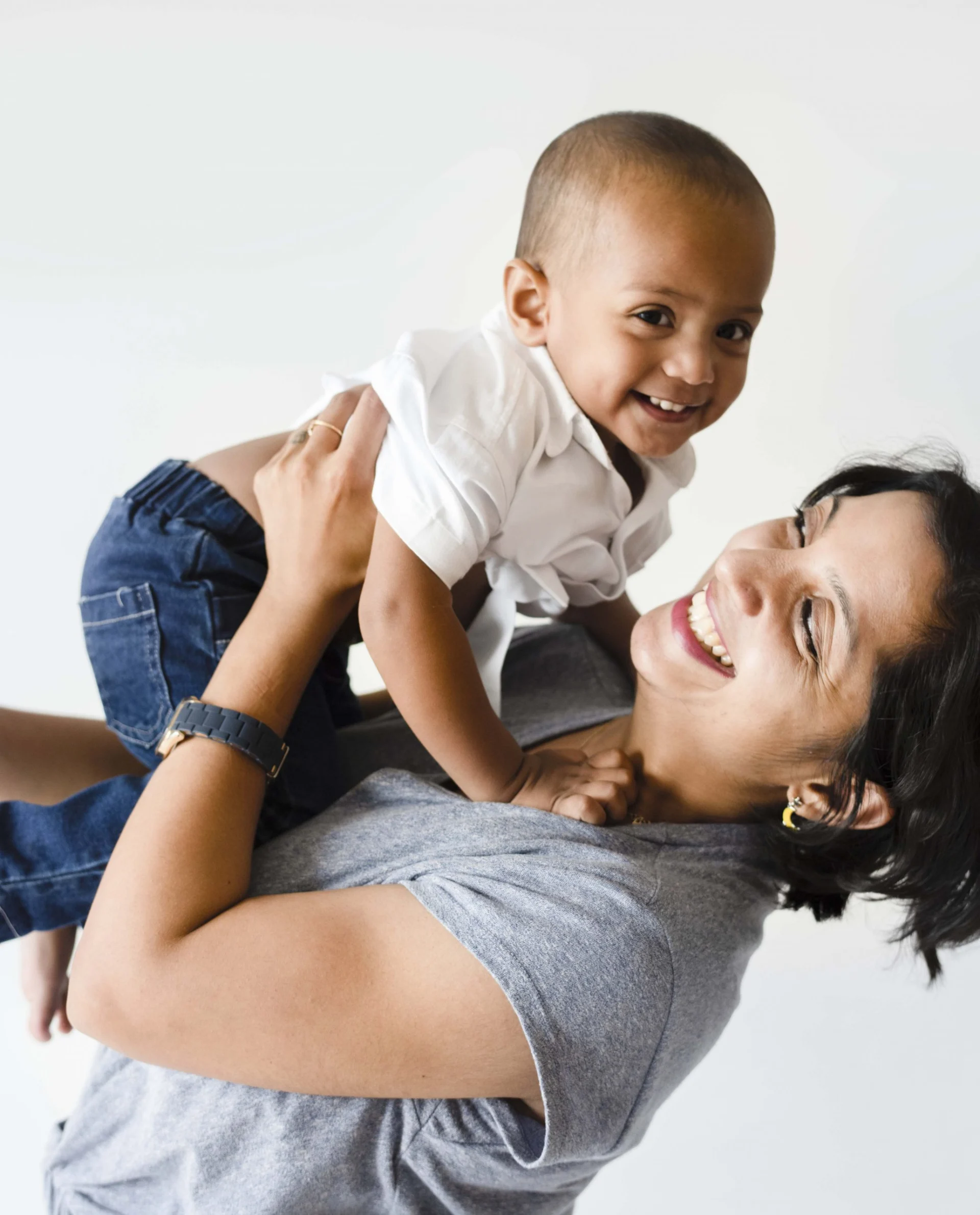So, what’s unconditional love? Let me start by stating what it is not. Unconditional love isn’t leaving children to their own devices. It is not to just let them be and let them do what they want to do. No, it’s not turning a blind eye to each and every undesirable behaviour.
Unconditional love is showing empathy when children make mistakes, when they fall short of your standards and when they don’t meet your expectations. It’s choosing to RESPOND in each situation (as opposed to REACT) because responding leads to a desirable outcome for both parties (child and a parent) in the long run.
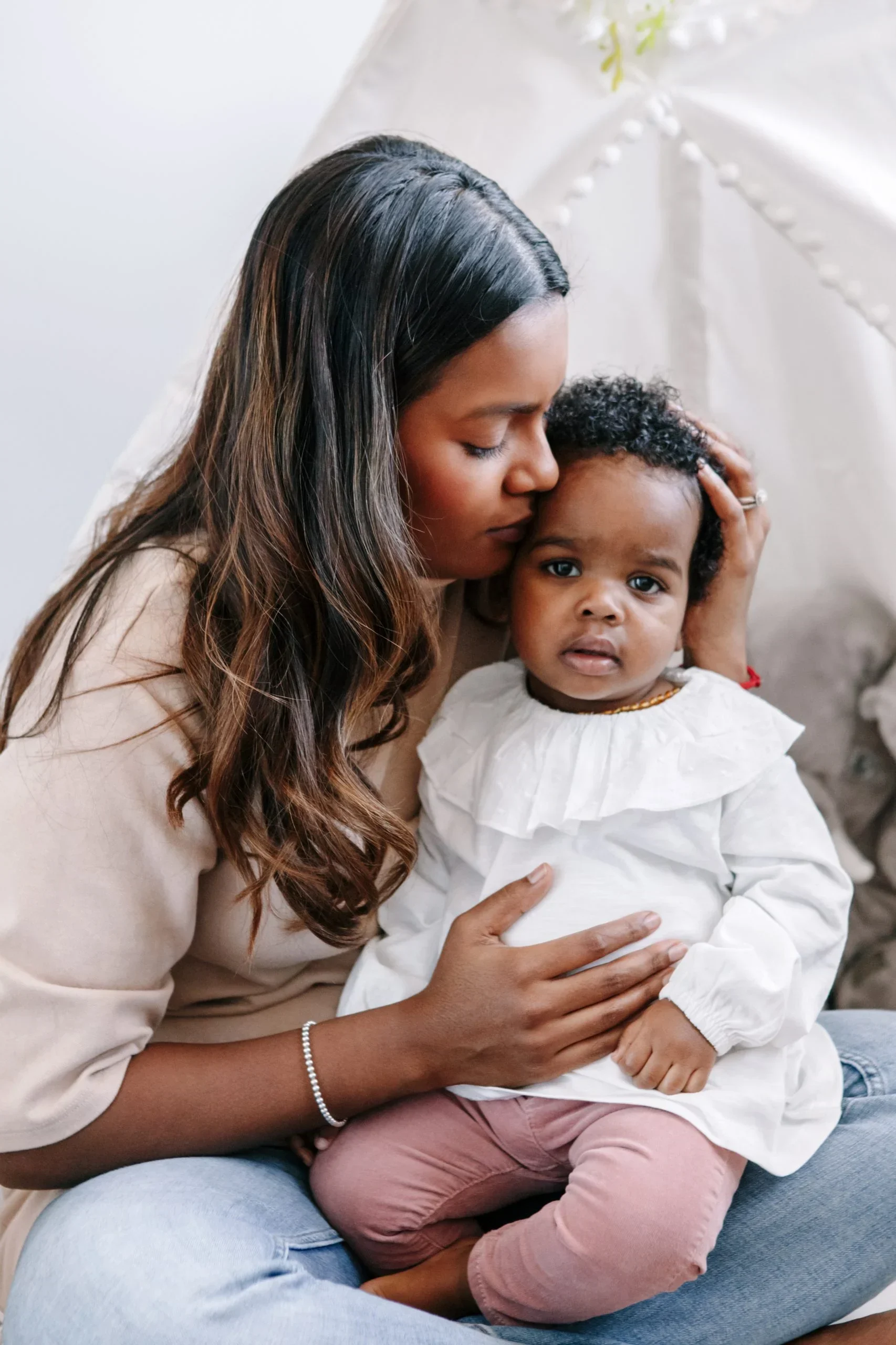
How do we respond? How can you choose to respond? I try to demonstrate it with different scenarios.
A six-year-old Hasan is caught playing with candles in his room. He is lighting matches and burning candles and playing some sort of a game. A mother walks in and sees how the boy is lighting the matches on the carpet. She could say “Oh My God, what have you been doing? Terrible child!” or she could take a deep breath and say “Lots of kids your age want to play with matches. But it is too dangerous on the carpet in your room. You can try lighting matches in the bathroom sink while I stay with you”
One day after a family got back from shopping, a mother discovered a packet of chewing gum in her five-year-old daughter’s pockets. She immediately questioned her “Where did you get these from?” The daughter said, “The lady at the counter said I could have them”. Obviously, the mother knew better. She started shouting, yelling and telling her off.
“Do you want to be a thief? Do you? Why do you take it without paying?” She yelled at her.
The little girl’s eyes welled up with tears. She mumbled “Because you wouldn’t pay for it”
“Of course, I wouldn’t pay. I wouldn’t pay for this rubbish. Why did you lie to me then? You expect me to believe that? I can’t believe you lied. Now you are becoming a thief and a liar”
My sister, this is what a typical reaction looks like. When choosing to respond, in an ideal world the mother would have said in a calm manner “A lot of five-year-old girls can’t stop themselves from taking what they want. Tomorrow we will take it back and apologize. I understand you are too small not to take things without paying.”

Similar incidents often happen with older children too. They take things without asking and we assume that they embarked on a life of crime. This is exactly what we communicate to the children when we yell at them.
Another situation could be when you catch your child lying. What do most mothers do when children lie? I have discovered the most useless question to ask a child is “Why did you lie to me?” Because often they can’t figure out why they said what they said. My typical reaction in such a situation would be shaming and shouting, assuming that they pursued lying as a habit for the rest of their lives.
So empathy looks like this:
When your teenager cries over a paper that has been ripped by your toddler
Say this: “I know just how you feel. It’s sad. You can hold my hand and cry- that’s what crying is for. When we are sad because we have lost something dear and valuable to us- we cry”
Not this: “This isn’t the end of the world. There is nothing to be upset about. Why do you even cry for such a little thing? You are just making me more annoyed”
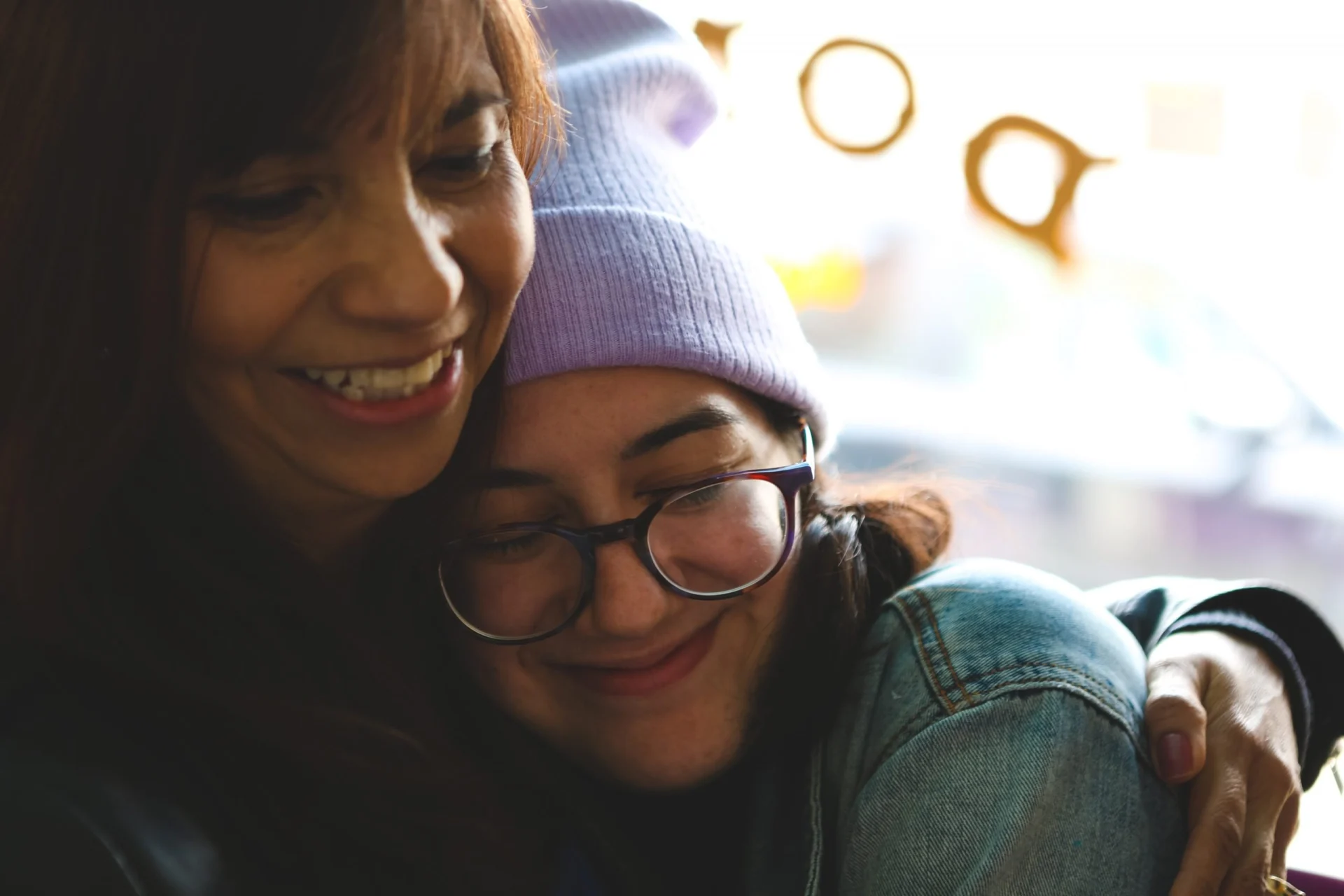
When your pre-teen is caught lying
Say this: “When I was young, I too, used to have the urge to say things that I felt could make me feel better about myself. But, of course, we can’t behave that way. It’s okay to say it happened by accident or you just forgot. We can talk about it later if you like”
Not this: “Why in the world did you lie to me? You are such a liar. I can’t believe you lied to me. Why couldn’t you tell the truth?”
Each time you find yourself frustrated, irritated and annoyed with something one of your children said or did, remember to breathe and choose to RESPOND. Remember our typical reaction further reinforces that type of undesirable behaviour.
I’m not an expert at unconditional loving. In fact, to this day, it is something I struggle with. I mean I struggle a lot. I spent great chunks of my own childhood at boarding schools where we had to play tough and we had to play cool. So, showing empathy – placing myself in my child’s shoes- is something I’m continuously trying to improve. It takes time but with each troubling situation where I force myself to show empathy and to give love- I feel so much more powerful.
We all have to start somewhere and it’s never too late.
Let that day be today, my sister.
By Iroda Ahmed





